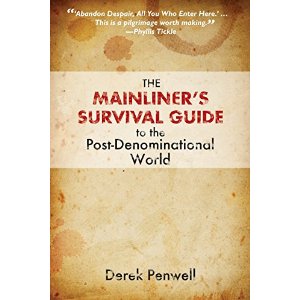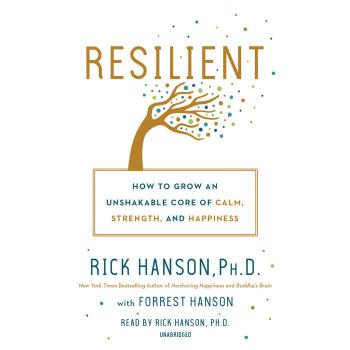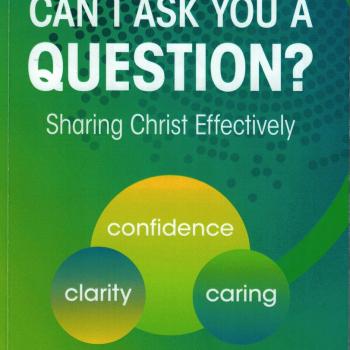The Mainliner’s Survival Guide by Derek Penwell
The Mainliner’s Survival Guide by Derek Penwell, which is a guide for the post-denominational world is a Christian book review for Speakeasy, in which the author explores how mainline Christianity will continue in a world that does not desire Christianity.
The Mainliner’s Survival Guide by Derek Penwell is a great resource to remind churches of the challenges in reaching Generations X, Y, and Z. There are many books which have lamented about the condition of the church and the challenge of reaching the younger generations. This book uses the historical background of the American Revolutionary War and the subsequent Second Great Awakening to analyze the present twenty-first-century problem.
Penwell uses the history of his own denomination (Disciples of Christ) and its history to see how the church can reach out to the digital generation. He uses recent statistics and insight to point to the fact that younger people have chosen to stop referring to local church authority for important decisions in life. He laments that most churches who are in decline are (1) fearful, (2) maintaining programs and buildings, (3) unable or unwilling to adapt to the changes in culture.
Penwell argues that (60):
recapturing the sense of mission over the urge to maintain structure is again a timely and important word in a post-denominational world.
He continues his analysis by comparing and contrasting the Boomer and Millennial generations (62):
I sense, though, that among emerging generations, anti-institutionalism is pragmatic rather than dogmatic (which may explain some of the chafing between Millennials and Boomers).
Penwell makes a very prescient observation between Boomers and Millennials. Boomers existed in the heyday of denominationalism. Millennials exist during its decline. As a result, the anti-institutionalism serves different purposes from different perspectives. He also states that the change from a manufacturing industry in which the Boomer generation worked to a service industry in which Millennials now work have created a chasm which has impacted the church. Just as the Boomer generation rejected the authority of their parents, Millennials are rejecting the authority of the Boomer generation. The middle generation (Generation X) has become the mediating generation, especially in the church.
I agree with Penwell that the institutional church has also followed the business model to drive its growth. The church growth model was based on a business model of manufacturing goods and services. As the US economy has shifted away from a manufacturing to a service industry, the church is seen to be out of date and out of place.
Penwell also identifies the reasons why the Millennials are leaving the church:
1. The pace of technology which affects the stability of the younger generation (67)
2. The barrier of hypocrisy and judgmentalism (94)
3. The Jesus Gap (The difference between Jesus in the Gospels and Jesus marketed in the church) (127)
4. The shifting social issues important to the Millennials (128)
Up to this point in the book, I was shaking my head in agreement. Then strangely, Penwell digresses and uses the “Four Truths of Buddha” as a lens to look at the church. He states the four steps as:
1. Life is suffering
2. Life is suffering because we selfishly grasp
3. If you do not want to suffer, you must not selfishly grasp. (Mark 8:35-36)
4. Dying is the pathway to overcoming suffering (135-139)
What bothers me about this is this: Penwell is upset because the church uses secular models. Yet, he doesn’t hesitant to use other spiritual models himself. Instead of appealing to Scripture (such as Philippians 2:5-11 in this case), Penwell uses the four noble truths of Buddha.
In the end, Penwell reinforces the difficult problem which the church needs to address (147-148):
If all I’ve been saying is true about the paradox of young adults who aspire to independence yet eagerly desire to maintain interpersonal relationships, congregations must recognize that young adults aren’t looking to “join.” They appear less interested in community-as-a-tool to accomplish some other purpose than community-as-an-opportunity to make and keep friends. This raises challenges for congregations in a post-denominational world seeking to provide a safe place where friendships can be made and community can develop among young adults.
All in all, this book addresses the problem which churches will now face. The book does point to research and resources on the Internet for further study. While I disagree with the use of Buddha to look at the church, I agree that much of this book provides insight for church leaders who are dealing with the Boomer generation as well as Generations X,Y, and Z. The Mainliner’s Survival Guide by Derek Penwell is a book that every pastor should read to get a perspective on these new generations.
#SpeakeasyMainlineSurvival
Disclosure of Material Connection: I received this book free from the author and/or publisher through the Speakeasy blogging book review network. I was not required to write a positive review. The opinions I have expressed are my own. I am disclosing this in accordance with the Federal Trade Commission’s 16 CFR,Part 255.













